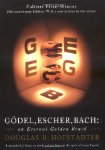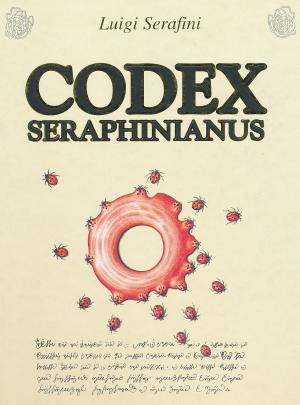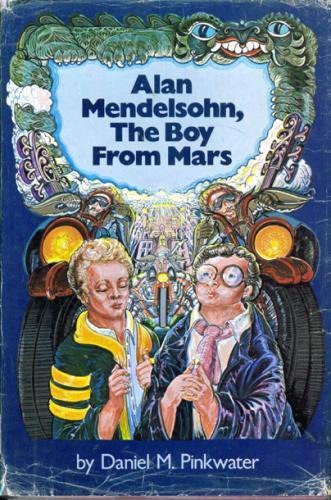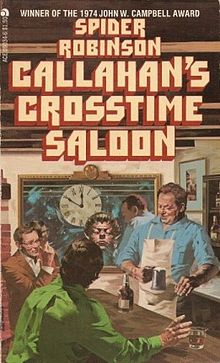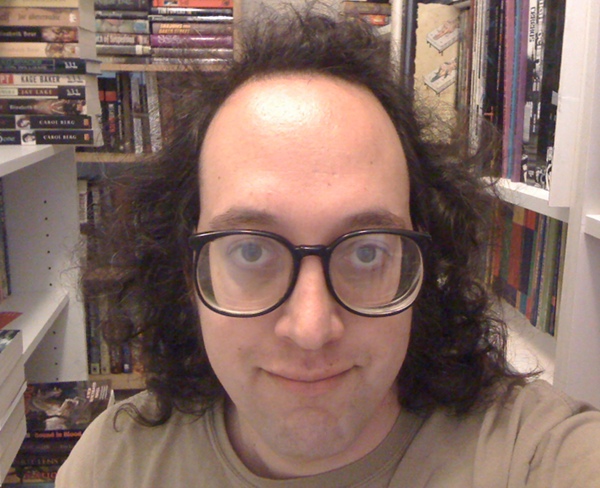
Who are you, and what do you do?
I'm a game designer and general hacker-type person. I'm best known for writing parser-based interactive fiction -- think Zork, not Twine. I've written several well-known games in that form: Shade, Spider and Web, and most recently Hadean Lands.
Other types of narrative games and interactive storytelling are cool, though. I've worked on everything from interactive comics (Meanwhile) to an experimental Twine-style multiplayer MUD (Seltani). I am currently self-employed and investigating the (perhaps laughable) proposition that I could possibly make a living off any of these things.
What books have influenced you the most?
I'm a nerd in my mid-40s, which means that Hofstadter's Godel, Escher, Bach loomed enormously over my childhood. (And also the immediate follow-ups, Metamagical Themas and The Mind's I.) Do I need to explain this? It's about logic, computer programming, artificial intelligence, philosophy, music, art, symmetry, mathematics... not in depth, but whatever is most fun about each of those topics. I could open it at any spot and be in a playground of ideas.
Similarly, or perhaps oppositely: Luigi Serafini's Codex Seraphinianus. (Which, in fact, I learned about from a Hofstadter column.) This is a compendium of pure nonsense, an encyclopedia in an untranslatable language. The illustrations imply scenes of ordinary life -- plants, animals, insects, technology -- but the elements of the world are melded, rearranged, coagulated. One has the sense that they make sense, but on a level just out of one's grasp.
Maze, by Christopher Manson. It wasn't the first treasure-hunt book, but I didn't have a copy of Kit Williams' Masquerade when that went big. Maze was less artful but more twisty and riddle-like, with some wonderfully sneaky mixing of clues into the physical environment of the House. Its puzzle was in three parts, and the first was tractable even by a young puzzle-solver. The other two parts were basically not solvable at all, it turns out. I suppose that's the magic ratio for hooking people.
Then there's Alan Mendelsohn, The Boy From Mars by Daniel Pinkwater. I could probably have named half-a-dozen other Pinkwater books of that era. They have an admirable mix of absurdity and hidden-world magic in the everyday American high school. It's not a world I believed in, but it's a world that I felt should exist, and one thread of my game design practice is giving people a way to find it.
I'll name a slightly embarrassing one last. Callahan's Crosstime Saloon by Spider Robinson. The stories haven't all aged well, and neither has Robinson's hippie progressive-for-the-80s-ism, which is sometimes as tone-deaf as it is enthusiastic. Nonethless: as a teenager, I needed the portrayal of welcoming community among freaks and nerds and laconic introverts. I needed it hard. I'm sure it existed in many places -- all stories about freaks and nerds come from the same place -- but this is where I found it.
(Behind each of these books is a list of others that do the same thing from a slightly different angle. It would be cheating to mention Martin Gardner and Raymond Smullyan standing with Doug Hofstadter, or Patricia McKillip with Daniel Pinkwater, or...)
What book would you like to write?
For at least fifteen years I've been simmering ideas for Understanding Interactive Fiction. This was (as you might guess) directly inspired by Scott McCloud's Understanding Comics, which explains and demonstrates the underlying mechanisms of the form in the form -- the book is itself a graphic novel. This is obviously the right way to explain IF: an interactive work that demonstrates its principles as the reader reads, or plays, through it.
Unfortunately, the project still comprises only an old sketched outline and a decade of "well maybe someday..." On top of that, the definition of "interactive fiction" -- never all that clear -- has begun expanding wildly. At this point, such a book would have to spend as much time on choose-your-own-adventure style games as on the parser-based IF I originally envisioned. So I've only fallen farther behind than I was when the idea first popped.
